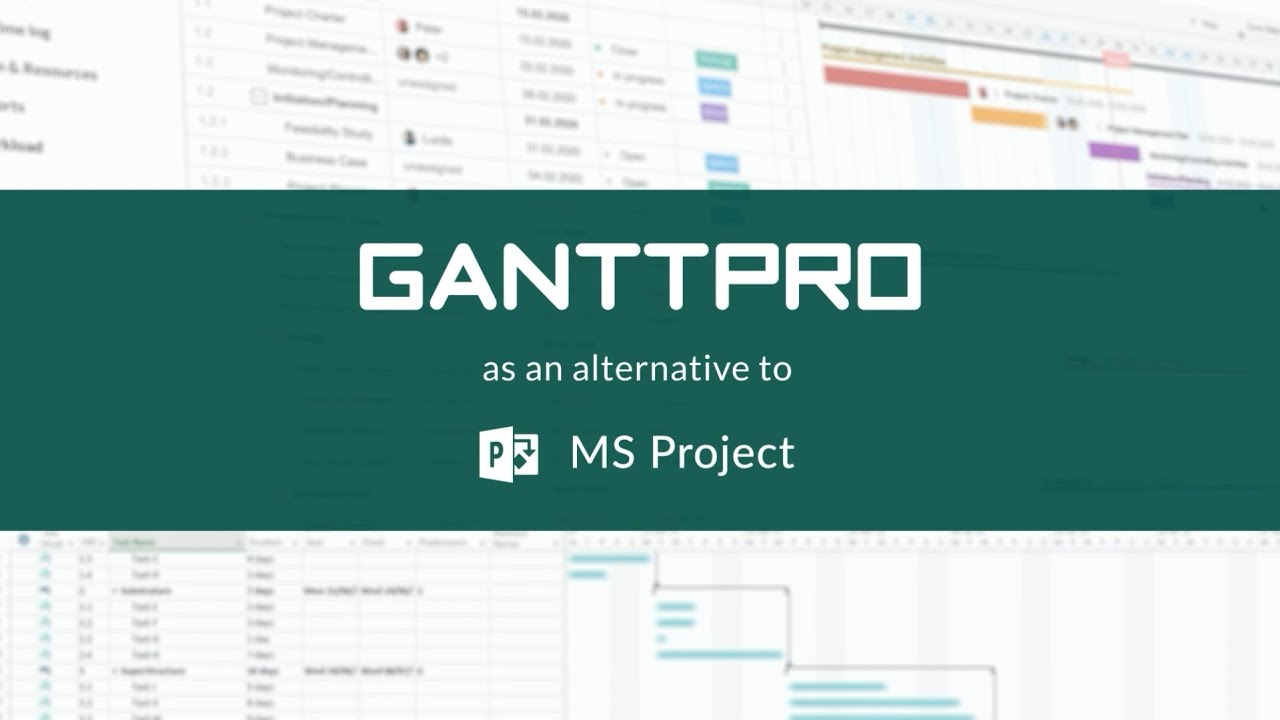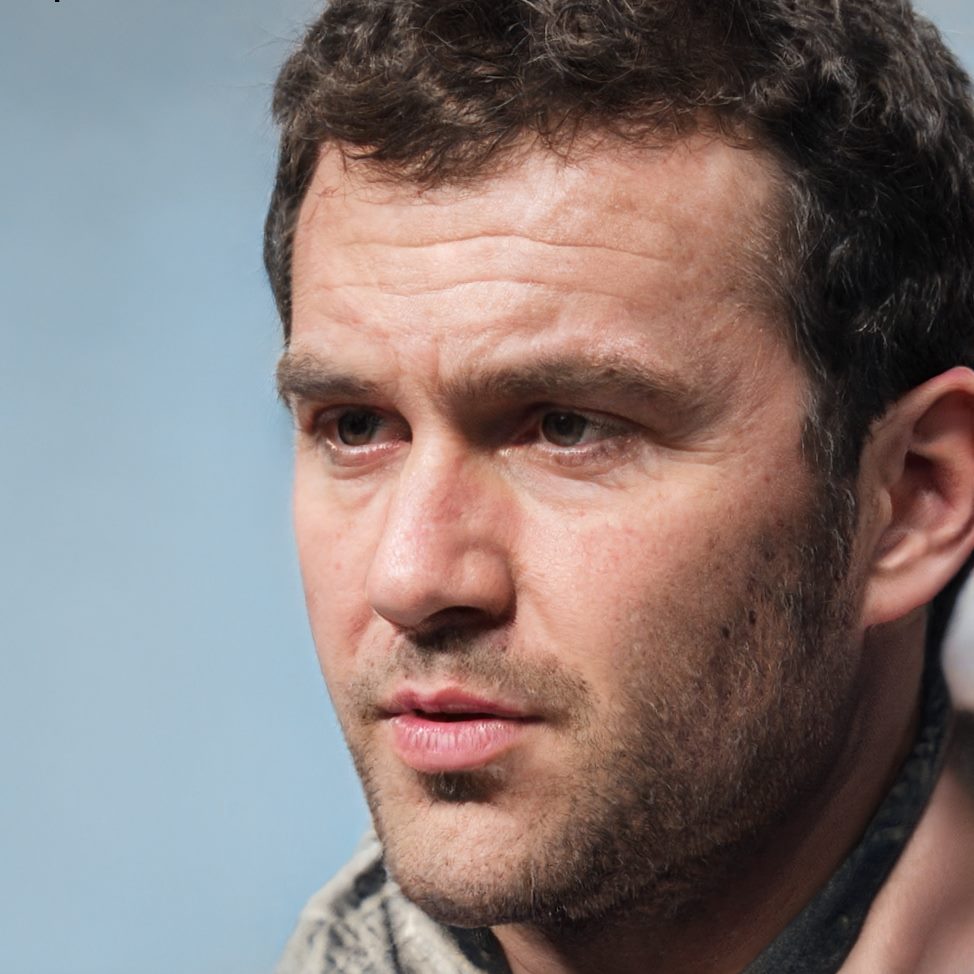Cost Management Best Practices for Project Managers
Cost management is one of the most critical aspects of project management. Effective cost management requires a project manager to be able to accurately estimate costs, track expenses, and control budget overruns. This article will discuss some of the most important cost management best practices that project managers should follow to make sure their projects are completed on time and within budget.
Developing a Detailed Project Budget
A detailed project budget is the foundation of effective cost management. A well-prepared budget will help you to accurately estimate the costs of your project, and it will also provide you with a roadmap for managing your project’s finances. When developing a project budget, consider the following best practices:
Start by defining the scope of your project. This will help you to identify all of the tasks, materials, and resources that you will need to complete your project.
Establish the budget for each task. Be sure to include all of the materials, labor, and equipment that you will need for each task.
Use historical data to inform your budget estimates. If you have completed similar projects in the past, you can use that data to make more accurate cost estimates for your current project.
Set aside contingency funds for unexpected expenses. No matter how carefully you plan, unexpected costs will arise from time to time. Having contingency funds set aside will help you to manage these costs and keep your project on track.
“A budget is telling your money where to go instead of wondering where it went.” – Dave Ramsey
Tracking Project Expenses
Once you have developed your project budget, it is important to track your expenses to ensure that you are on track to meet your financial goals. Consider the following best practices when tracking your project expenses:
Use a Gantt chart or an online Gantt chart software like GanttPRO, Microsoft Project, Wrike, ClickUp, Monday.com, Smartsheet, etc., to monitor progress and expenses. A Gantt chart will help you to see the status of each task and how much each task has cost so far.
Regularly review and update your project budget. As your project progresses, you may need to adjust your budget to reflect changes in the scope, schedule, or resources required to complete your project.
Maintain accurate financial records. Keep detailed records of all of your expenses, including invoices, receipts, and other financial documentation. This will help you to track your expenses and ensure that you are staying within budget.
Monitor and control variances. If your actual expenses are higher than your budgeted expenses, take steps to bring your project back on track. This may involve negotiating with suppliers, renegotiating contracts, or finding alternative solutions to reduce costs.
“In the world of business, the people who are most successful are those who are good at cost management.” – Warren Buffett
Controlling Budget Overruns
Budget overruns can be a major problem for project managers. To avoid budget overruns, consider the following best practices:
Implement change management procedures. Change management procedures will help you to control changes to the scope, schedule, or resources required to complete your project.
Regularly review and update your project budget. By regularly reviewing and updating your project budget, you can ensure that you are staying on track to meet your financial goals.
Use earned value management (EVM) to monitor cost performance. EVM is a method for measuring the achievement of your project goals and ensuring that you are staying within budget.
Communicate regularly with stakeholders. Regular communication with stakeholders will help you to keep everyone informed about the status of your project, including any issues that may impact the budget.
“Effective cost management requires a combination of careful planning and ongoing monitoring and control.” – PMI
Conclusion
Cost management is an essential part of project management, and it is critical to the success of your project. By following these best practices, you can ensure that your project is completed on time and within budget. Whether you’re using a Gantt chart or an online Gantt chart software, tracking expenses,and monitoring cost performance, good cost management will help you to stay in control of your project and make decisions that will help you to achieve your goals.
So, always keep these best practices in mind when managing the costs of your projects, and make sure you have a solid understanding of your project budget, expenses, and variances. With the right tools and techniques, you can successfully manage the costs of your projects and deliver high-quality results to your stakeholders.

